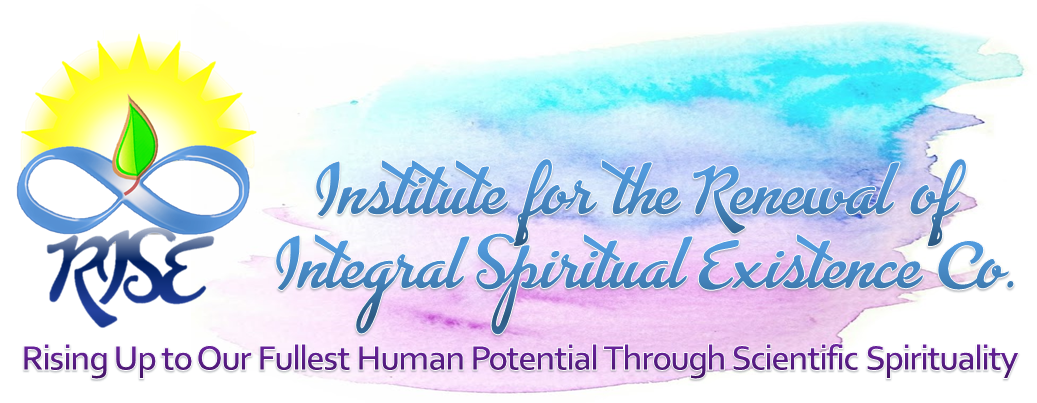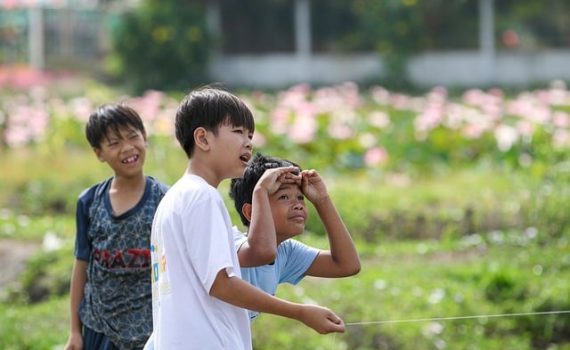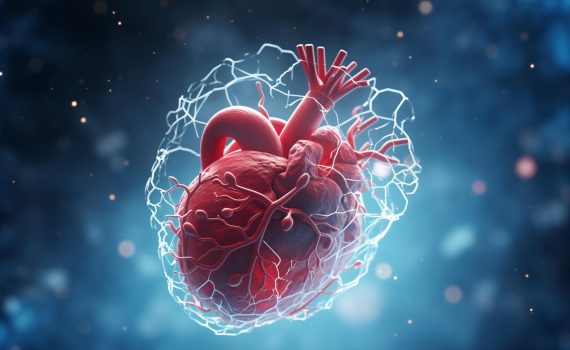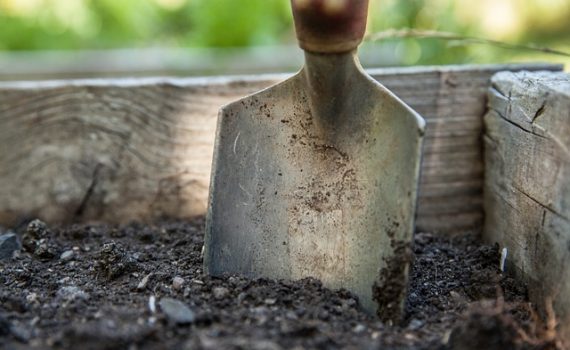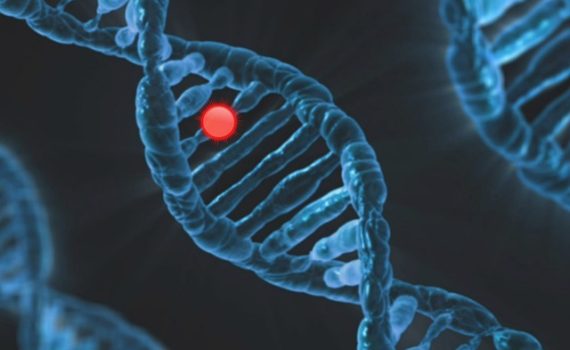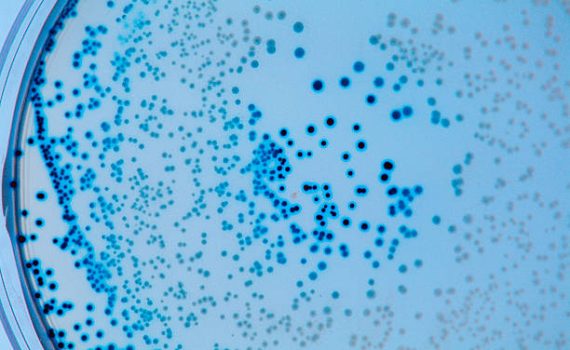The article discusses groundbreaking research indicating that epigenetic memories can be inherited across 14 generations. This study highlights how environmental factors and experiences can alter gene expression, which may then be passed down to descendants, influencing their behaviors and responses to stress. The findings suggest a complex interplay between genetics […]
Epigenetic Biology
Researchers from the Institute of Science and Technology Austria (ISTA) and other institutions have developed a mathematical model that predicts the optimal body plan for a fruit fly’s early embryo, suggesting that evolution may offer multiple optimal configurations rather than a single solution. This model highlights how biological systems, unlike […]
A groundbreaking study suggests that memory and learning may not be exclusive to brain cells, as researchers found that non-brain cells, including those from nerve and kidney tissues, can also learn and form memories. By simulating spaced learning through chemical signals, the scientists observed that these cells activated a “memory […]
The article explores the significant relationship between social connections and longevity, highlighting that individuals with stronger social relationships have a 50% higher likelihood of survival compared to those with weaker ties. This study emphasizes the importance of social networks in promoting health and well-being, suggesting that fostering strong relationships can […]
Scientists have discovered a complex network of neurons in the heart, often referred to as a “mini-brain.” It plays a significant role in regulating heart function and responding to stress. This neural network, the intrinsic cardiac nervous system, contains approximately 40,000 neurons and communicates with the brain, suggesting that the […]
The article discusses the intricate relationship between body, mind, and consciousness in the context of healing, emphasizing that true healing transcends mere physical recovery and involves achieving wholeness and balance among these elements. It highlights that instability in the body-mind can lead to self-discovery and altered states of consciousness, particularly […]
The article discusses the crucial role of microbial mats as foundational elements of Earth’s biosphere, highlighting their resilience and ability to regulate planetary conditions over billions of years. These complex communities, found in diverse environments such as hydrothermal vents and arctic ice, operate through intricate interactions that recycle essential elements […]
The article discusses the alarming decline of the human Y chromosome, which is essential for male sex determination, as it has lost around 900 genes over the past 166 million years and could potentially vanish within the next 11 million years. However, a recent study on the Sry-deficient Amami spiny […]
The article from The Guardian examines the intriguing concept of whether individuals can inherit memories from their ancestors, delving into both scientific research and philosophical implications. It discusses how recent studies suggest that trauma and experiences may be passed down through epigenetic mechanisms, potentially influencing behavior and emotional responses in […]
The article from Psyche explores how the buildings we inhabit can significantly influence our brain function and overall well-being. It discusses architectural design’s psychological and neurological impacts, emphasizing that light, space, and materials can affect mood, cognition, and even health outcomes. The piece highlights research indicating that environments designed with […]
A recent study from Columbia University has discovered that bacteria can produce free-floating genes, which challenges traditional understandings of genetic code and gene expression. This phenomenon, observed in the bacterium Mycobacterium smegmatis, suggests that these genes can exist independently of chromosomes, raising questions about the mechanisms of genetic regulation and adaptation […]
The article discusses how creating “dense memories” can enhance our perception of time and contribute to a fuller life. Neuroscience suggests that engaging in novel and meaningful experiences leads to richer memories, making time feel more expansive. By actively seeking out diverse activities and challenges, individuals can create a sense […]
